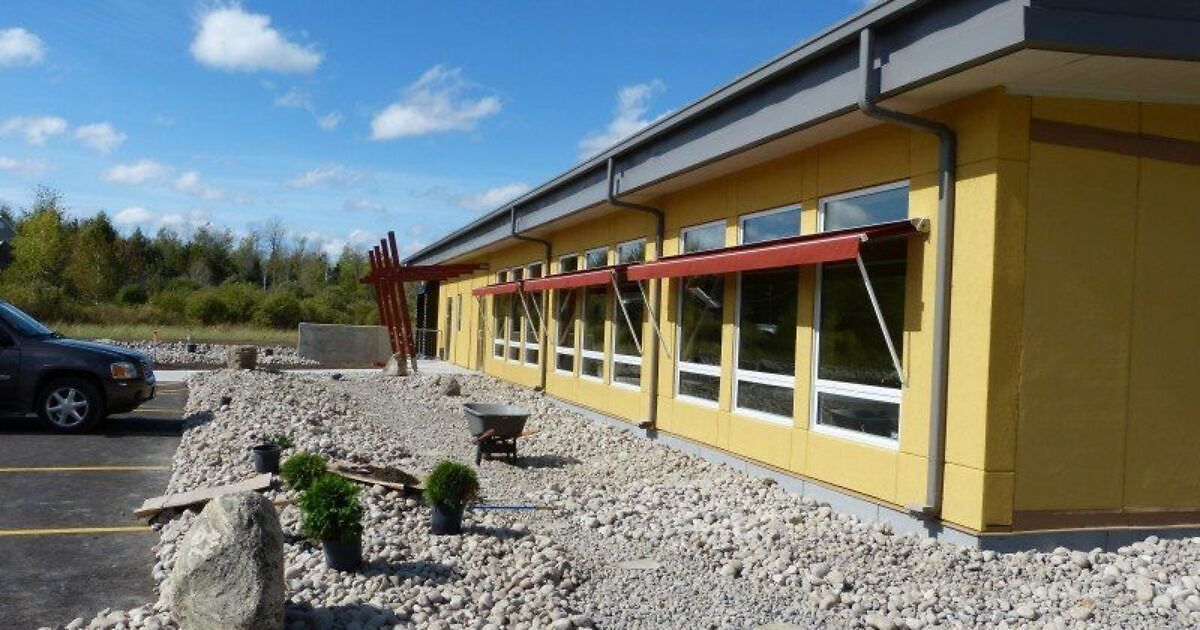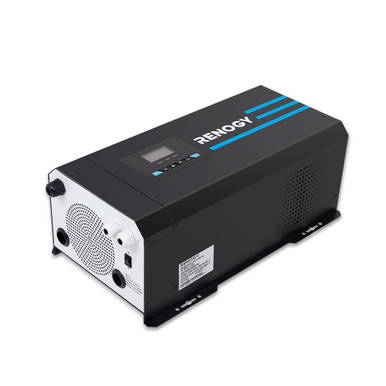Sportster
New Member
I have read & watched videos till my head hurt, & sometimes just when I think I have it figured I question my choices!
Here's my approach so far for 6 month boondocking in S/W states.
Power requirements are pretty minimum, Micro Wave for short bursts, ability to switch fridge to 110V while travelling, usual lighting (12V LEDs), maybe couple hrs TV, typical trailer water pump. I'm trying to overbuild as opposed to keep upgrading later.
4x 200W roof mounted panels rated at 18.7 VMP & 10.70 IMP, planning to wire in Series - Parallel
Line fuses, I think 20A would suffice?
My understanding is panels wired Series-Parallel allows me to use the existing single 10awg or 12awg supply from the roof
Trailer is supposed to be Solar Ready which simply means it has a docking point on the roof
How do I determine which cables my RV used? & which is desired or required for my application?
Solar Panel Disconnect
Renogy 40A Controller
3,500 or 4,000W inverter (still to be decided on)
Battery Disconnect
2x 100A/H Lithium batteries wired for 12V (3rd to be added as $$ & necessity requires)
Go Power Transfer Switch to run power into existing rv distribution box (fuse panel)
Is this a reasonable system?
Am I missing anything?
Am I way out of wack on any item?
Thank You for advice & recommendations ahead of time
So happy to have found a forum willing to help beginners with advice
Here's my approach so far for 6 month boondocking in S/W states.
Power requirements are pretty minimum, Micro Wave for short bursts, ability to switch fridge to 110V while travelling, usual lighting (12V LEDs), maybe couple hrs TV, typical trailer water pump. I'm trying to overbuild as opposed to keep upgrading later.
4x 200W roof mounted panels rated at 18.7 VMP & 10.70 IMP, planning to wire in Series - Parallel
Line fuses, I think 20A would suffice?
My understanding is panels wired Series-Parallel allows me to use the existing single 10awg or 12awg supply from the roof
Trailer is supposed to be Solar Ready which simply means it has a docking point on the roof
How do I determine which cables my RV used? & which is desired or required for my application?
Solar Panel Disconnect
Renogy 40A Controller
3,500 or 4,000W inverter (still to be decided on)
Battery Disconnect
2x 100A/H Lithium batteries wired for 12V (3rd to be added as $$ & necessity requires)
Go Power Transfer Switch to run power into existing rv distribution box (fuse panel)
Is this a reasonable system?
Am I missing anything?
Am I way out of wack on any item?
Thank You for advice & recommendations ahead of time
So happy to have found a forum willing to help beginners with advice







